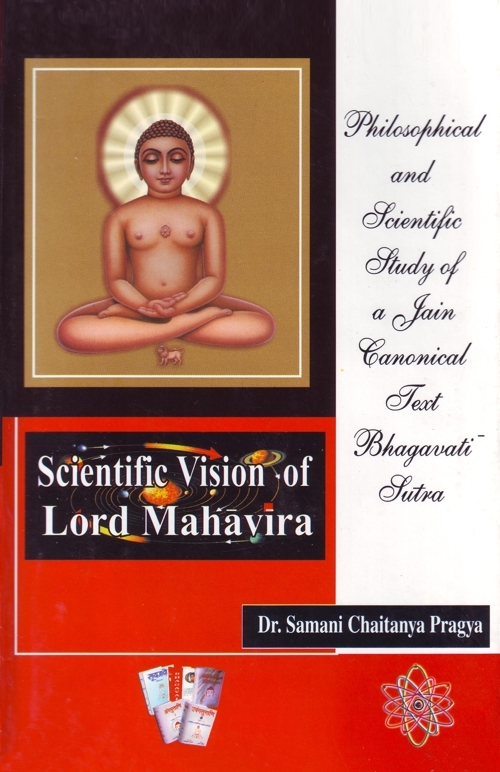Philosophers and scientists hold different opinions about space and time. The Greek philosophers like Democritus, Leucippus, Epicurus and Empidocleus maintain that space is a reality.[118] They are of the view that matter and space are different entities. Space accommodates everything. Plato refined these views. According to him, the space, in his word "Chora", is a receptacle.[119] Plato's concept of chora is not an objective reality. On this issue Aristotle's view shows his realistic and scientific bent of mind.[120] He maintained that space and time are real. Their existence is irrespective of their knowledge by the knower. He is of the view that all the things are found to exist in space just as the pot contains water. Space is very close to the objects contained therein. The non-existence of any object does not presuppose the existence of space. Aristotle pushes the argument to the extreme point by declaring that non-existence of space is the end of the world.
According to the modern philosophers like Leibnitz and scientists like Einstein, space and time are to be decided on the strength of the knowledge of a knower. Newton held the view that space and time are reals and therefore they are not relative and hence absolute ones.[121] On the contrary, Liebnitz was of the firm view that things happening in empty space are not to be taken as having any relation with the absolute space.[122] But they are occurring within the framework of their nature. As such space is relatively real and not absolutely real. Thus, Liebnitz destroyed the concept of absolute space and held time only as real.
After Liebnitz and Newton, Kantian period represents the full bloom of German Enlightenment. The product of this period is Kant himself. According to Kant, space and time are the constructs of the mind. They are imposed on the physical objects.[123] Both are intuitively known and do not have absolute existence irrespective of the knowing mind. He considers space and time as a-priori notions i.e. subjective categories. They exist in the mind of the knower before the external objects are seen. When they are seen, the a-priori notions of space and time come to be verified by the posterior experience. In other words, the doctrine can be summarized as a-posteriori justification of an a-priori principle.[124]
Kant's doctrines of space and time are not accepted by modern science, particularly scientists like Einstein.[125] On the basis of his mathematical thinking Einstein came to the conclusion that space and time are not two absolute and separate categories but they make a four dimensional continuum. This can be explained with the help of an example—if any object located in space is also located in time. Every object, according to Einstein, is an event that takes place in a four-dimensional continuum. Another scientist Heisenberg discovered a new principle known as theory of uncertainty or indeterminacy.[126] According to this theory, it is not possible to determine the position and momentum of a sub-atomic particle simultaneously i.e. if you know its position you cannot know its momentum and vice-versa. It means the knowledge of one variable affects the knowledge of the other. This limitation is not the characteristic of the measuring technique but is the very nature of the sub-atomic world itself.
The fundamental importance of the uncertainty principle is that it expresses the limitations of our classical concepts in a precise mathematical form. The subatomic world appears as a web of relations between the various parts of a unified whole. The more we impose one concept on the physical object, the more uncertain becomes the other concept and the precise relation between the two is governed by the uncertainty principle.
To understand the relation between pairs of classical concepts, Niels Bohr has introduced the notion of complementarity.[127] In this reference, the theories of space and time propounded by Jain philosophers may look pedantic but have their own scientific value, validity and relevancy.
 Dr. Samani Chaitanya Pragya
Dr. Samani Chaitanya Pragya

